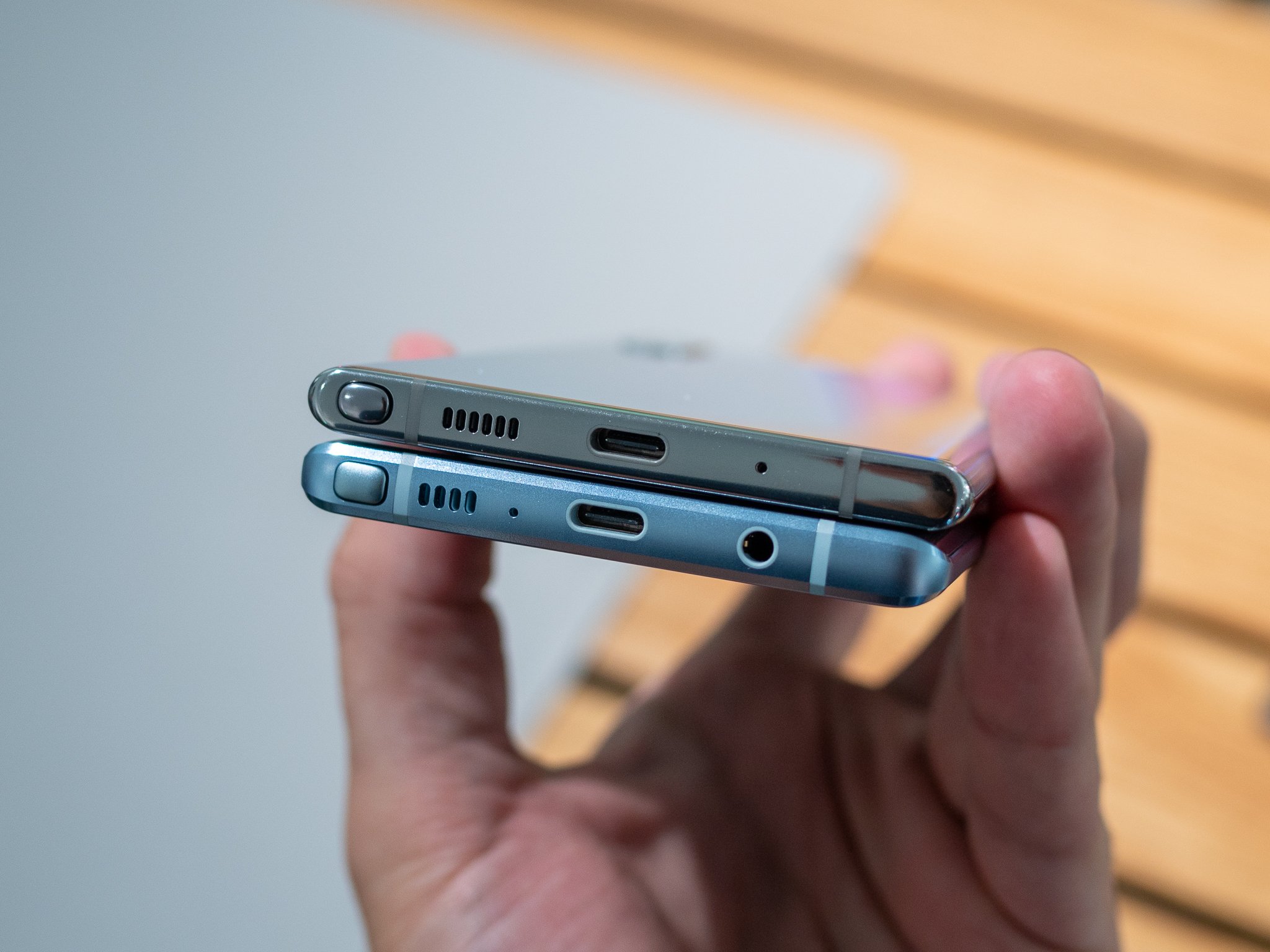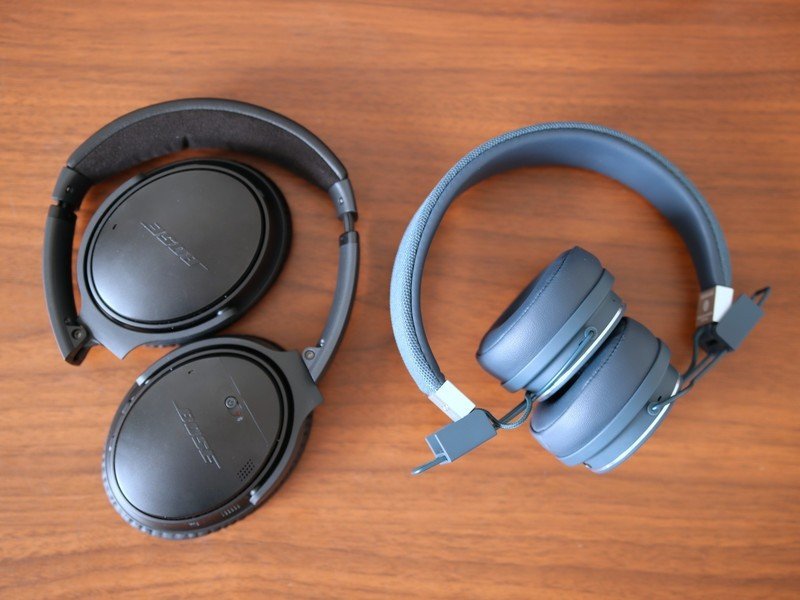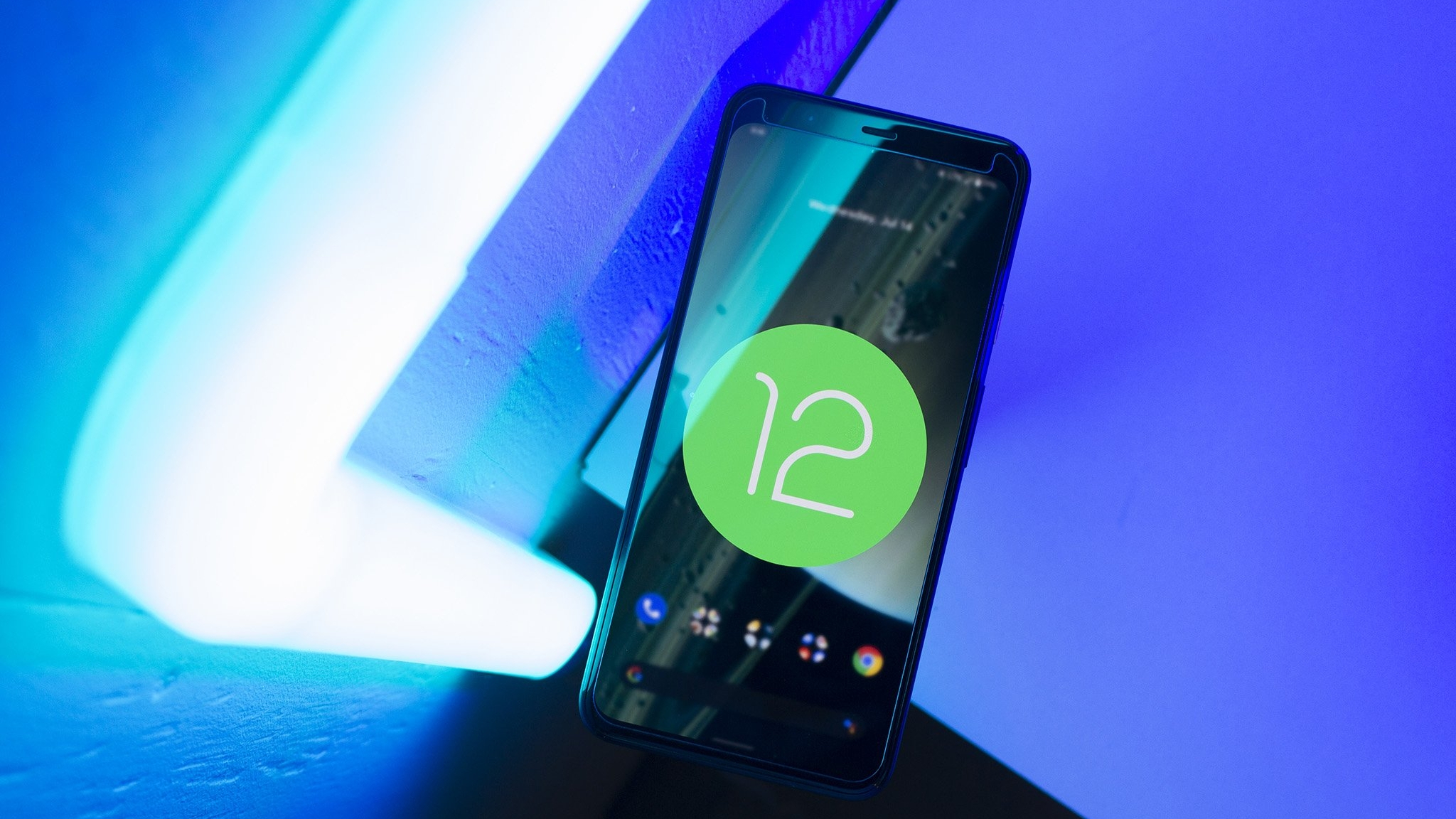Yes, Bluetooth sucks, but it was good enough to kill the headphone jack on phones

A smartphone not having a headphone jack isn't a noteworthy thing anymore. Even Samsung, the bastion of features and expandability, has given it up on its most power-user Galaxy Note line. While there are many reasons for the death of the headphone jack in phones — not the least of which being simplifying hardware design and internal complexity — perhaps the biggest driving factor is that Bluetooth is now good enough for a vast majority of people.
Yes, Bluetooth still sucks a lot of the time. Bluetooth is flawed. However, at this point, its flaws clearly aren't critical shortcomings for a people buying phones. As we all know, at least when we're looking at things critically, the headphone jack itself isn't perfect either.

People clearly appreciate the upsides of Bluetooth far more than they hate the downsides. Removing the cord from the equation immediately opens up new experiences and lowers the barrier to listening to what's on your phone. You can listen to headphones from dozens of feet away, move freely without fear of snagging a cord, put a speaker where it should be for audio quality while you continue to use your phone comfortably, sit in your car and listen while your phone sits in your pocket or purse, and quickly switch your audio source between devices (or connect to two at once) all improve the phone audio experience over a wired connection.
Let's remember that even when every single phone had a headphone jack, Bluetooth audio was popular and preferable for many people. Sure it has lower audio quality than a wired connection, but it has other benefits. For many people, depending on their use-cases, those benefits exceed the utility of a wired connection overall. Most people care about dramatically higher convenience far more than slightly lower sound quality.
People clearly prefer the upsides of Bluetooth far more than they hate the downsides.
The latest developments in Bluetooth headphones and speakers have also made the lack of a headphone jack in phones much more palatable — even for people who were skeptical early on. Daily usability is getting considerably better thanks to more efficient Bluetooth standards, better battery tech, USB-C and Qi charging, and rechargeable cases for earbuds.
The ubiquity of Bluetooth tech, and chicken-and-egg juggle of headphone jacks disappearing from phones, has also led to a robust and diverse ecosystem of headphones and speakers of every style, size, capability level and price point. At one point, the market was limited and for those willing to break the bank, but that's no longer the case.
You can get high-end $350 over-ear noise-canceling headphones, great neckbuds that range from $40 to $200, and speakers of every conceivable size. Thanks to the latest Bluetooth implementations we now have dozens of fantastic truly wireless earbud options that finally take cords out of the equation entirely — that in itself was enough for many people to give up the headphone jack.
Be an expert in 5 minutes
Get the latest news from Android Central, your trusted companion in the world of Android
A robust and diverse ecosystem of headphones and speakers made dropping the headphone jack simple.
So while smartphone makers have a big incentive to remove the headphone jack because it makes phones physically simpler to build, improvements in Bluetooth — and Bluetooth accessories in particular — brought mass market acceptance up to the point where companies could remove the jack without affecting sales. It also helped that the entire industry made this shift away nearly in unison, making it tough for consumers to find any phone with a headphone jack/ It was easy for accessory makers to know the future was Bluetooth and start rolling out such great diversity of devices.
Is Bluetooth a perfect replacement for a wired headphone connection? Definitely not. It has its own compromises and problems. But since companies started selling phones without headphone jacks, Bluetooth hasn't sat still — the protocol has improved, as has the variety and quality of Bluetooth headphones and speakers across the board. Using a phone without a headphone jack today is far better than it was in 2016 — to the point where we not only accept using Bluetooth audio, we prefer it.
Andrew was an Executive Editor, U.S. at Android Central between 2012 and 2020.

